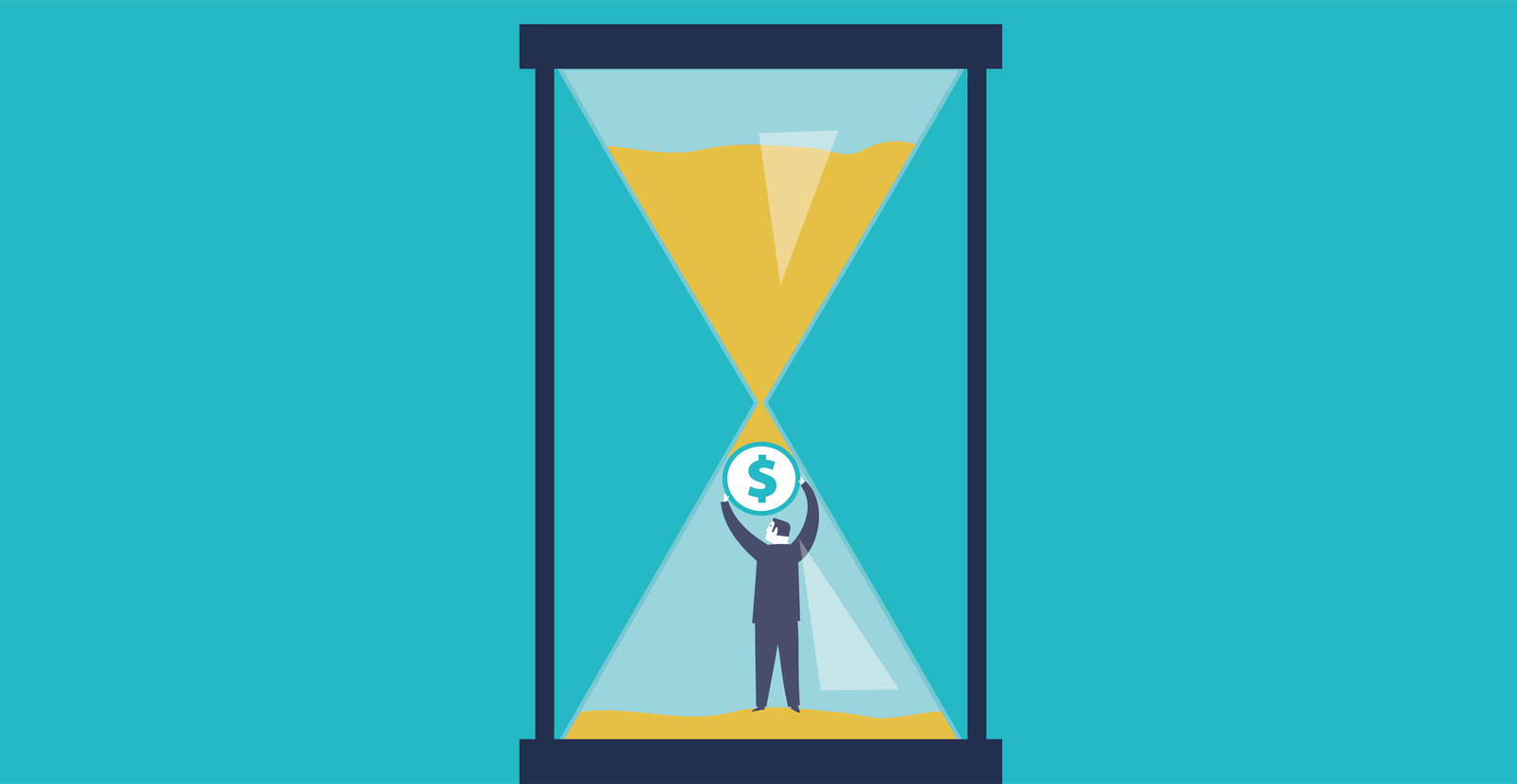As you approach retirement and need to think about how to pay off your assets, the help of a financial services advisor is more valuable than ever. Here’s why.
The transition to retirement can be stressful because when you retire, you have to start thinking differently about income and expenses. While we have been putting money aside all our lives, now we have to draw on our assets to carry out our projects or live on a day-to-day basis.
To make this transition go smoothly, it’s important to put together a payout plan. “This document essentially ensures that you have access to the money you need, when you need it,” says Nathalie Bachand, financial planner at Bachand Lafleur. Obviously, those who want to leave something to their loved ones will have to take this into account. Note that ideally a pension plan will be drawn up about ten years in advance – this will allow you to secure sufficient income and, if not, take appropriate measures.
Planning for retirement and paying off assets in this way provides several benefits. According to a 2023 survey by Fidelity Investments, 91% of Canadians who have a written financial plan (which includes a pension plan and a payout plan) feel well prepared financially for retirement – compared to only 58%. who have none. “At this stage in their lives, people need to be reassured,” says Nathalie Bachand. They want to know how to manage their financial situation in retirement and need someone to support them. »
Danger: survival of your savings
To ensure that clients have enough money throughout their retirement, financial advisors offer them various income strategies. Some specifically aim to reduce the risk that they will outlive their savings. According to Nathalie Bachand, this is the biggest danger currently facing retirees or future retirees. “People often think that at age 80 they will need very little to survive,” he says. However, this is not the case. Considerable expenses can be incurred during retirement. »
To protect clients from this risk, the specialist draws up a payout plan for their clients, taking into account that they will live up to 94 (men) or 96 (women). The proposals from Retraite Québec go in the same direction. According to the Financial Planning Institute’s Projection Assumption Standards, 25% of people who are 65 today will live to age one.
In certain cases, it may be a good idea to take out a life annuity as well. Offered by insurance companies, this product is offered by financial security advisors. For a significant amount of money (for example, $100,000 or $200,000), it is possible to get an annuity paid until the end of your days. This option is especially beneficial for people who live a long time. Note that some of these annuities are indexed, which helps counter inflation, and that a guarantee (for the benefit of the estate) or a return option (for the benefit of the spouse) can often be added.
Increase your income without worry
Other strategies help increase your income. This is the case with the deferral of state pensions. This is because the pension paid by each of the two levels of government differs depending on the age at which one starts receiving it. As an example, a person who defers their Quebec Pension Plan (QPP) pension from age 65 to 70 will receive 42% more, and someone who does the same with their federal Social Security (SV) retirement pension will receive 36 % more. As these annuities are indexed, they also provide good protection against inflation. According to Nathalie Bachand, putting them off is generally a good idea.
It is obvious that even in retirement you are still growing. But we also want to not get money and sleep hard. There are various solutions for this. “These vary depending on the client,” says Martin Dupras, financial planner and president of ConFor Financier. To counter the regular swings in stock markets, the professional advises his clients who don’t have a pension fund to make sure they have two to three years of income from relatively safe investments ahead of them.
Reduce your tax bill
Another important aspect to consider is taxation. To get a favorable tax treatment, you need to ensure that your income does not exceed a certain tax bracket, while also making sure that you pay out your investments in the right order and at the right time. That’s because depending on the plan you’ve invested in — RRSP, TFSA, LIRA, non-registered investment or other — the tax treatment will be different. Thus, all amounts from the RRSP are taxable, while only the interest from the non-registered investment is and none of the amounts from the TFSA are taxable. Taking these peculiarities into account at pay time can make a big difference in the tax bill you have to pay.
Does it all seem complicated? It is. It is for this reason that the help of a financial services advisor is almost essential at the threshold of retirement. Ideally, this person will have tax knowledge or work with a tax professional. And it will provide the following number of years. Because the payout plan must be able to be adjusted if necessary to accommodate changes that may occur at any age.
To know more
ÉducÉpargne, whose mission is to make Quebecers aware of the importance of saving, publishes information on payoffs. A guide on this topic is available on her website, as well as a retirement planning guide. The organization also broadcasts on YouTube a payout webinar it organized in 2022, as well as five video clips it produced the following year. “They were designed to answer the questions of the webinar participants,” says Louis-Alexandre Lacoste, CEO of the organization. This is enough to get a good foundation for preparing for retirement and the paycheck that comes with it.

